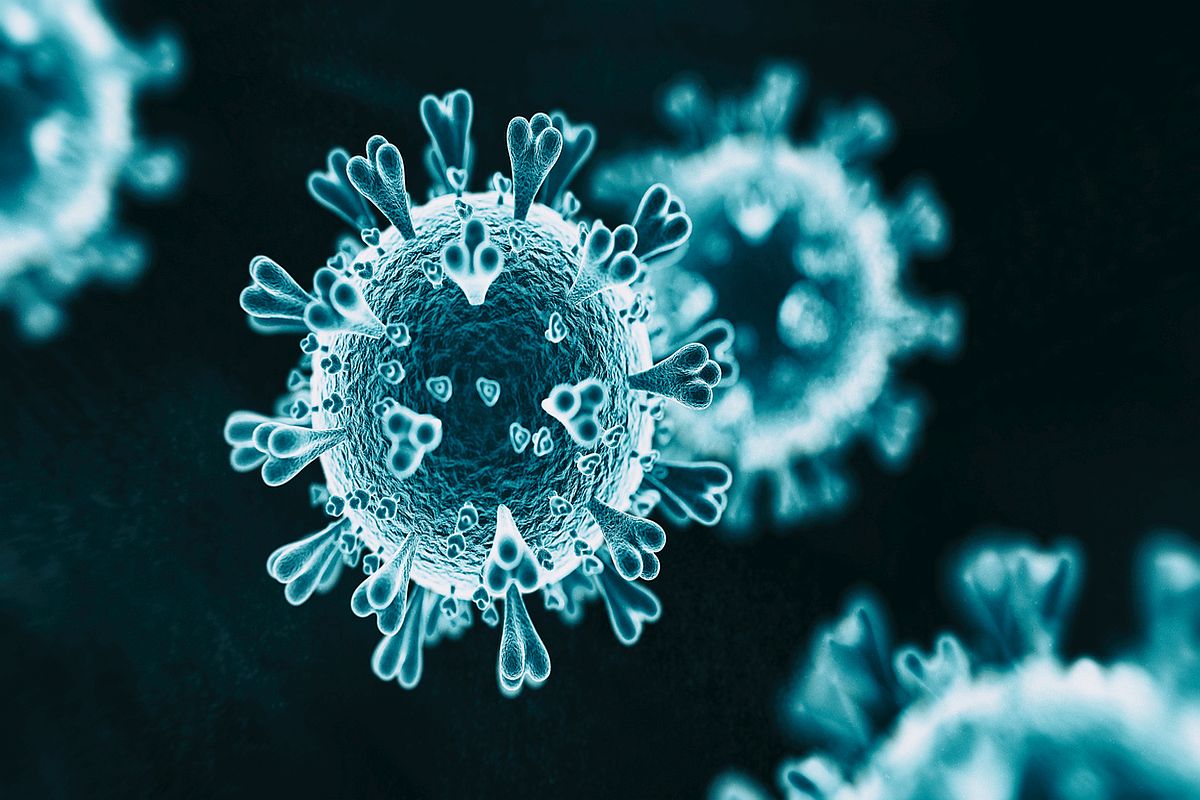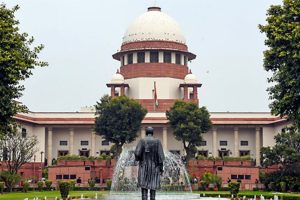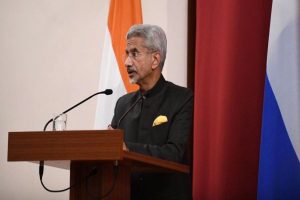Though both Covid cases and deaths are on the decline in Bengal, the number of new infections in the Darjeeling district, one of the worst-affected districts in the state, is not dipping further after reaching a plateau about two weeks ago and the highest number of infections in Bengal is now being reported from this district.
As the authorities are stepping up their vigilance regarding the covid situation in the district, there is an increasing speculation among experts here that the third wave may enter India through the Siliguri corridor, which is the gateway to Sikkim and the North-East India, or through the north-eastern states, where the covid situation is worsening every day.
A senior professor of the Department of Biotechnology, University of North Bengal, Dr Ranadhir Chakraborty, who feels that there is a distinct possibility of the third wave in India hitting north Bengal and Sikkim or the north-eastern states first, said the main reason for the rise of cases in these regions now was the endemic nature of the disease in the early weeks of the second wave.
“We need to understand that different states in the country witnessed different intensity of infection during the second wave. Over 80 per cent of the caseloads were contributed by about ten states between February and April. There was still a large proportion of the population in Sikkim and the northeastern states between April and June that was vulnerable to catching the infection because the second wave could not affect them as much as the people in the worst-affected states of the country since the lockdowns and covid protocols were strictly imposed by the authorities in Sikkim and the northeastern region,” he said.
The senior microbiologist, who pointed out that the TPR (Test Positivity Rate) was higher than the threshold of 10 per cent in Sikkim and Meghalaya, cautioned that due to revenge tourism, non-availability of vaccines and relaxation of restrictions in the north-eastern states, the third wave might arrive there much earlier than the rest of the country.
“The opening up of tourist spots and rituals and enabling people without vaccination to go scot-free in mass gatherings has proved to be potential super spreaders in north Bengal and Sikkim as much as in the north-eastern states. When the covid restrictions were relaxed in Sikkim and the Seven Sisters, those in the lower middle-class clusters in these states that hadn’t been exposed to the virus so far due to the imposition of stringent lockdowns by the authorities there got much more affected than their counterparts in the rest of the country. With such a cocktail of factors present, it did not help that the region had low vaccine coverage by June end,” he said.
In a grim augury for the residents of north Bengal and Sikkim, Dr Kaushik Bhattacharya, a renowned surgeon of north Bengal, who agreed with Dr Chakraborty, warned that the third wave could hit this region much earlier than expected if crowding in the last three weeks in the tourist destinations across the region was an indication.
“North Bengal, Sikkim and the north-eastern states together have the maximum number of popular and mostvisited tourist destinations in the country. The lowering of guard cannot be accepted in these regions at the present. The visuals from tourist spots in these regions of people mingling without adhering to covid protocols are a serious cause of concern. We must remember that the Siliguri corridor or chicken-neck, which is a narrow passage to India’s eight north-eastern states, is a perennial threat as much to our security as to the covid situation in the entire region now. With most parts of this region reeling under a severe vaccine crisis, the third wave may almost inevitably enter into India through this region,” he cautioned.












